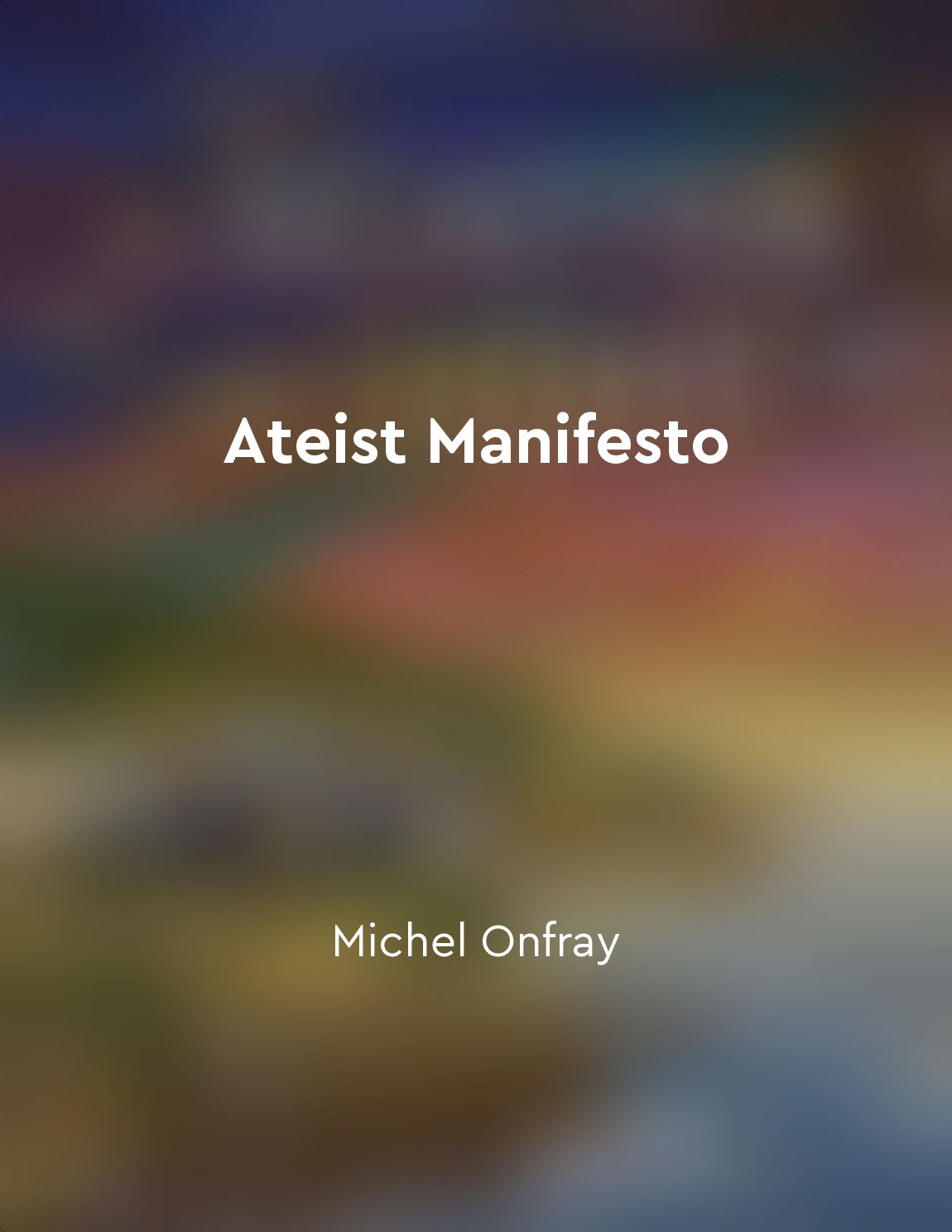Religious institutions played a key role in undermining belief in magic from "summary" of Religion and the Decline of Magic by Keith Thomas
In the early modern period, religious institutions exerted a significant influence on the beliefs and practices of society. One of the key ways in which they did so was by challenging and ultimately undermining the widespread belief in magic. Central to the teachings of the Church was the idea that magic was a sinful and dangerous practice that went against the will of God. This message was reinforced through sermons, religious texts, and the actions of religious authorities. By presenting magic as incompatible with Christian doctrine, religious institutions were able to dissuade people from engaging in magical practices. Moreover, religious institutions offered an alternative explanation for the supernatural phenomena that were often attributed to magic. Miracles, divine intervention, and the power of prayer were presented as legitimate sources of supernatural power, which could be accessed through faith and devotion to God. This provided people with a religious framework through which to understand and interpret the world around them, reducing the perceived need for magic. In addition to theological arguments, religious institutions also played a role in undermining belief in magic through practical means. The Inquisition, for example, actively sought out and punished practitioners of magic, further reinforcing the message that magic was a dangerous and forbidden practice. By associating magic with heresy and witchcraft, religious authorities were able to discredit and marginalize magical beliefs within society.- The influence of religious institutions was instrumental in challenging and ultimately eroding belief in magic during the early modern period. Through theological arguments, practical measures, and the promotion of alternative supernatural explanations, religious authorities were able to shape the beliefs and practices of society, leading to a decline in the widespread acceptance of magic.
Similar Posts
Blind faith can lead to manipulation and exploitation
Blind faith can be a dangerous thing. When we believe in something without question, when we let our emotions and desires cloud...
Personal autonomy should be valued above external authority
The idea that personal autonomy should be valued above external authority is of utmost importance in any society. It is the fou...
Belief in magic persisted among certain segments of society
The idea of magic as a potent force in the world did not disappear with the rise of modern science and rationalism. Instead, it...
The decline of magic represents a shift towards secularism and rationalism
Keith Thomas examines the historical process by which belief in magic declined in Western society. He argues that as society pr...

Atheism promotes intellectual curiosity
Atheism, far from being a closed-minded rejection of spirituality and religion, actually encourages individuals to explore and ...

The burden of proof lies with those making extraordinary claims
According to Richard Dawkins, when someone makes an extraordinary claim, it is their responsibility to provide evidence to supp...
The Reformation contributed to the decline of magical thinking in Europe
The Reformation was a significant event in European history that had profound effects on religious beliefs and practices. As th...

